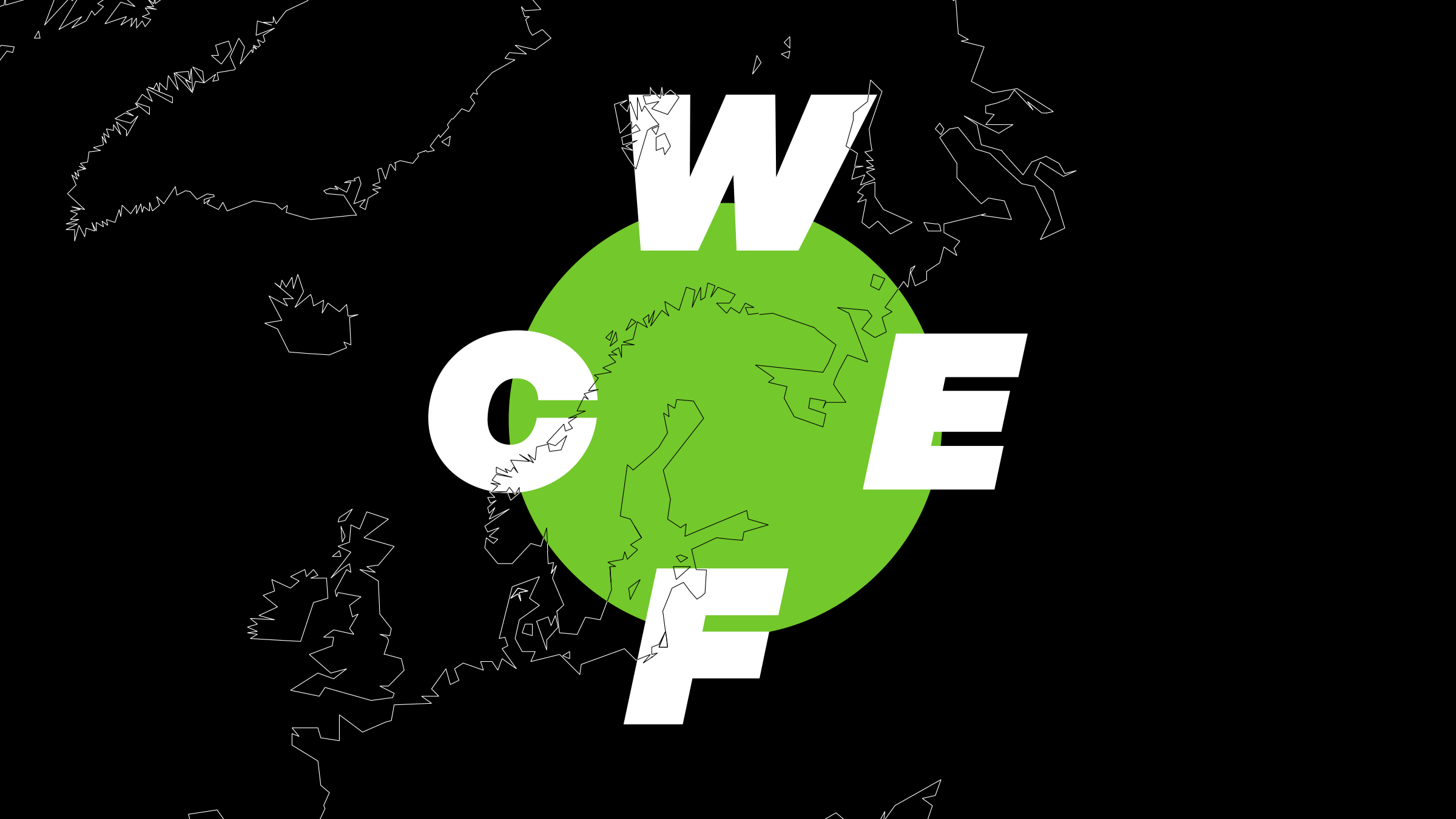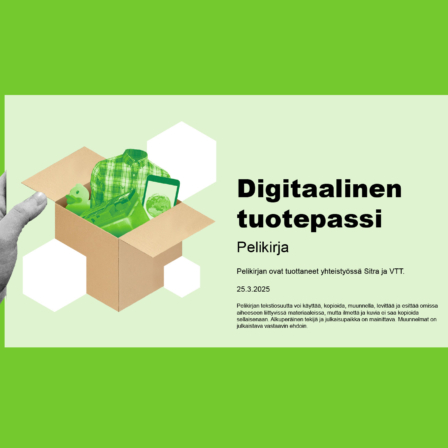The third annual Forum brought together over 2200 of the world’s top business leaders, policymakers, researchers and innovators to work towards implementing a circular economy in Helsinki, Finland. The forum’s goal was to move the circular economy into the next era and transform “the best kept secret” into global impact.
“The science is screaming at us: our current growth pattern is unsustainable,” said Laura Tuck, Vice President for Sustainable Development at the World Bank. “We need to change our policies which gives incentives for the overuse of resources. We must also value our natural capital such as air, land and water. The cost of depleting our natural capital must be properly accounted for.”
We are undergoing a climate crisis, but we have a solution in the circular economy. Many good ideas were shared about the core philosophy of WCEF2019: the actions we can take to scale up solutions and make a fair transition to a circular economy to mitigate climate change. However, cooperation and global leadership is needed in order for the circular economy to be realized.
“For most countries their economies are too small to be self-sufficient in circularity. In order to have full circularity there’s a need for co-operation across borders,” said Elliot Harris, UN Assistant Secretary General and Chief Economist. “For that to happen, there needs to be global consensus and understanding that we want to create the circular economy with each other, not separate from each other.”
Inputs for Finland’s EU Presidency period
Eight European countries recently called for the European Union to spend a quarter of their budget to tackle climate change. This is an example of how serious the EU is in combating climate change. The EU shows global leadership on the circular economy by implementing policies and ensuring funds to develop and scale up solutions. Finland will assume the Presidency of the EU Council on 1 July 2019.
“Europe wants to lead, and there is strong public support from EU citizens,” said Karmenu Vella, European Commissioner for the Environment, Fisheries and Maritime Affairs.
In recent years there has been a movement towards isolationism and renewed trade barriers. This is anathema to the openness and cooperation needed to advance circular solutions to combat climate change.
One of the key messages the WCEF2019 sent to the EU is that Europe shows global leadership on the circular economy by ensuring cross-cutting and top-level importance in governance and financial resourcing in the European Commission. Furthermore, circular economy is an opportunity for fairness.
“The full transition to the circular economy will require large-scale investments, especially in the developing regions around the world,” said Mikko Kosonen, President of Finnish Innovation Fund Sitra.
Finland set out the world’s most climate-ambitious government programme
Finland’s new government programme – with focus on climate action, fighting inequality and moving towards the circular economy – was released while the circular economy leaders were gathered next door at the WCEF2019. The ambitious agenda to combat climate crisis set out in the government programme is an example of a predictable policy framework that makes it easier for business to adapt.
The world’s first national road map to a circular economy was published in 2016 under Sitra’s guidance. At its heart, the road map to a circular economy is a combination of a concrete action programme, strategy and road map. The road map, the WCEF and the new government programme of Finland all challenge other nations to act now by building a more sustainable global economy.
In 2020 the WCEF will gather up Canada
The WCEF is the global initiative of the Finnish Innovation Fund Sitra. The WCEF2019 was hosted by Sitra and co-organised with selected international partners. Next year WCEF2020 will be held in Canada, where circular solutions are already a priority.
“We all know we have too much waste—it’s piling up in landfills, and ending up in our environment. Canada is looking forward to welcoming WCEF 2020 delegates to North America, to expand circular economy networks, partnerships and opportunities. By working together we can find ways to recycle and reuse our resources and create great jobs. Let’s work together and turn that trash to cash,” says Catherine McKenna, Minister of Environment and Climate Change.
“We want to leave a strong economy and a clean environment for our children. Canadian companies are at the forefront of clean technology globally and many of our homegrown innovations involve zero waste. Cleantech and zero waste are the next wave of innovation, supporting our economy and creating good jobs, while protecting our environment,” says Navdeep Bains, Minister of Innovation, Science and Economic Development.
If you missed the event or want to listen again to some of the great ideas shared by our speakers you can find them on our Programme page.




















Recommended
Have some more.